Classroom Links
2025 Fall CME In-Person Activities
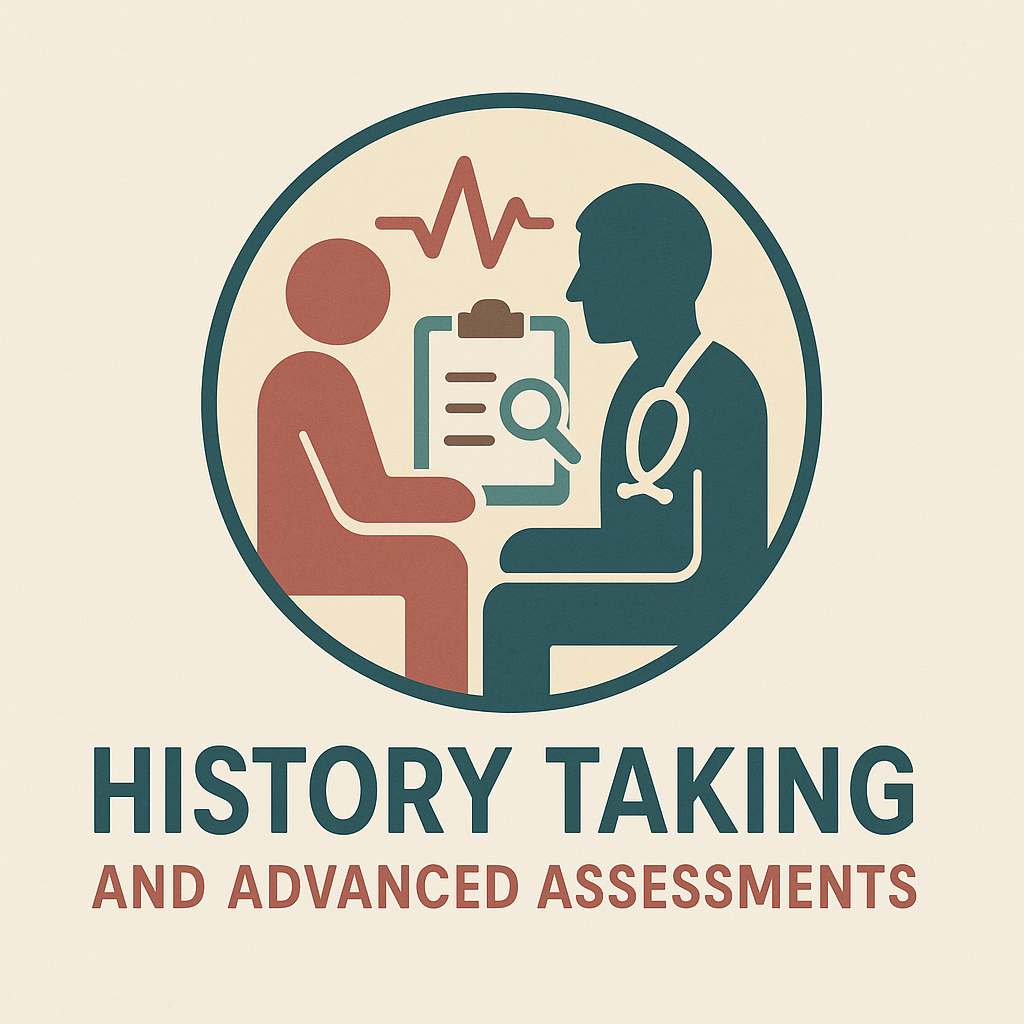
History Taking & Advanced Assessments
In the prehospital setting, effective history taking and advanced assessments are vital to delivering safe, timely, and informed care. Paramedics often encounter patients in dynamic and unpredictable environments, where quick, accurate decisions can significantly impact outcomes. By skillfully gathering a focused history and performing a structured assessment, paramedics can identify life-threatening conditions, recognize subtle clinical cues, and initiate appropriate interventions before hospital arrival. These skills are the backbone of professional judgement and patient-centered paramedicine.
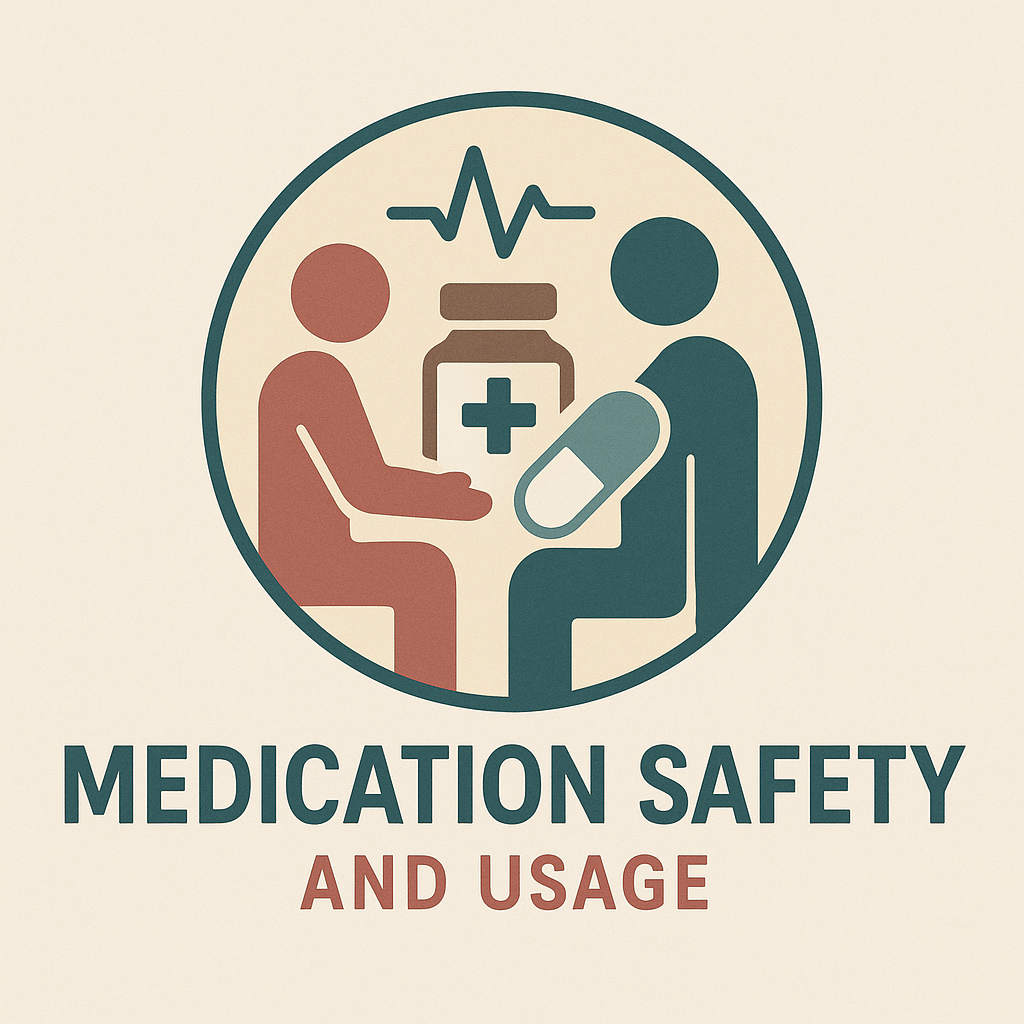
Medication Safety and Usage
In the high-pressure world of prehospital care, medication safety and proper usage are critical responsibilities for every paramedic. Administering the right drug, at the right dose, to the right patient requires not only clinical knowledge but also vigilance and sound decision-making. From managing high-risk medications to recognizing potential contraindications and interactions, paramedics must apply pharmacological principles with precision and care. A strong foundation in medication safety not only protects patients but reinforces the trust placed in paramedics as autonomous, frontline clinicians.

Emergency Childbirth
Emergency childbirth presents one of the most high-stakes and unpredictable challenges in paramedicine. When seconds count and there’s no time to reach a hospital, paramedics must be prepared to manage labour, delivery, and potential complications with skill and composure. From recognizing imminent birth to supporting both mother and newborn, the ability to remain calm, follow clinical guidelines, and adapt to evolving circumstances is essential. Providing safe, confident care during out-of-hospital deliveries reinforces the paramedic’s vital role in safeguarding life at its very beginning.
Skill Videos
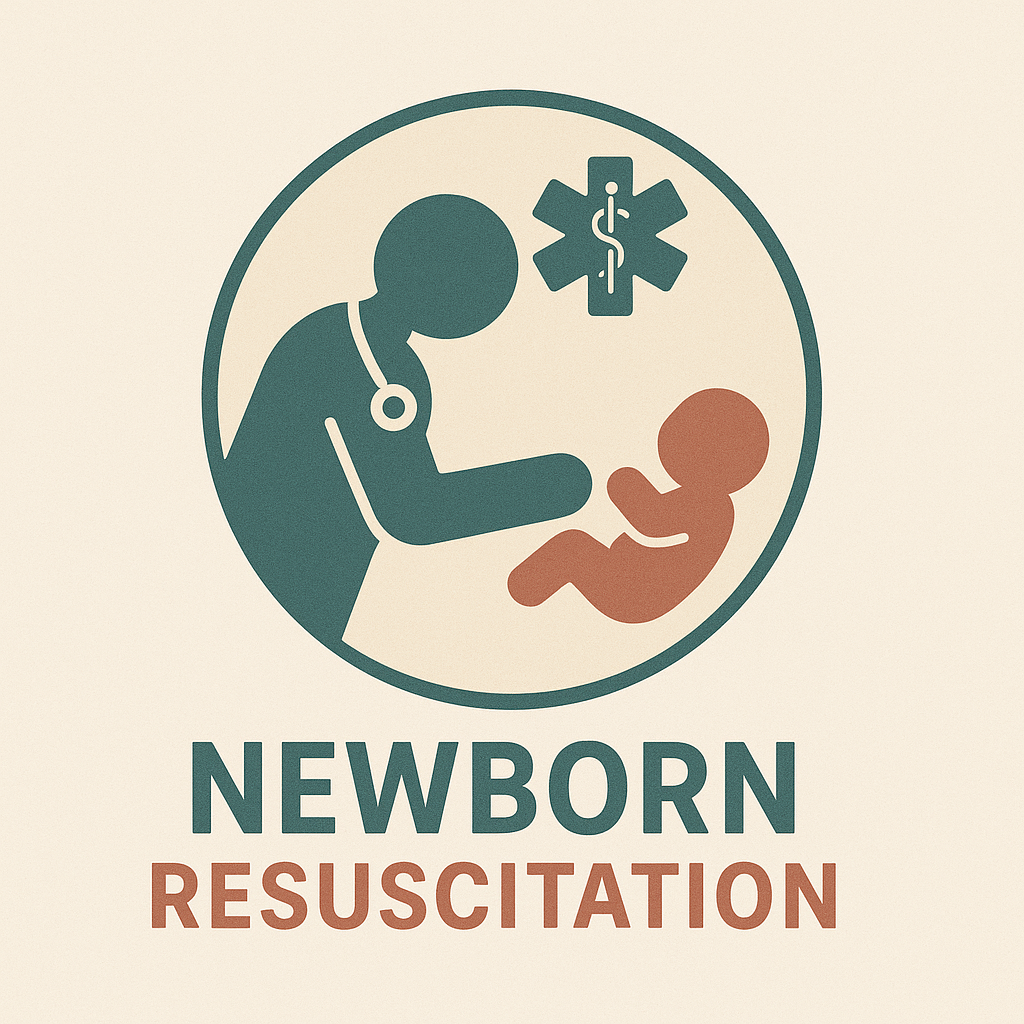
Newborn Resuscitation
Newborn resuscitation is a rare but critical event that demands swift action, precision, and confidence from paramedics. In the moments following birth, a newborn’s transition to independent breathing can be unpredictable, and prompt intervention can mean the difference between life and death. Paramedics must be equipped with the knowledge and skills to assess newborn status, initiate effective ventilation, and provide life-saving support when required. Mastery of newborn resuscitation protocols ensures that paramedics are ready to act decisively when every second counts.
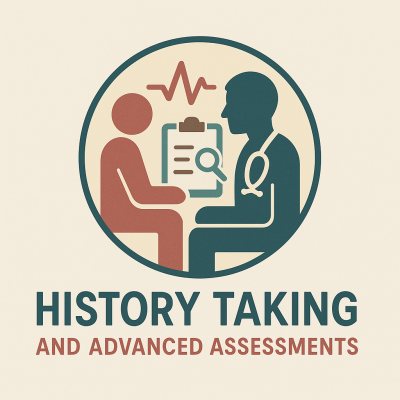
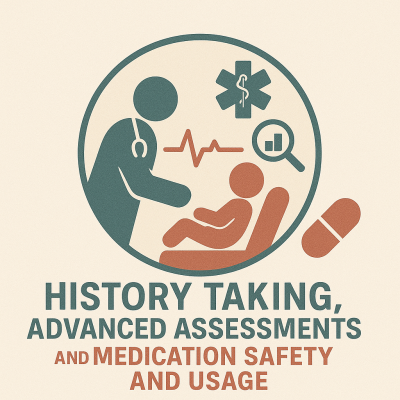
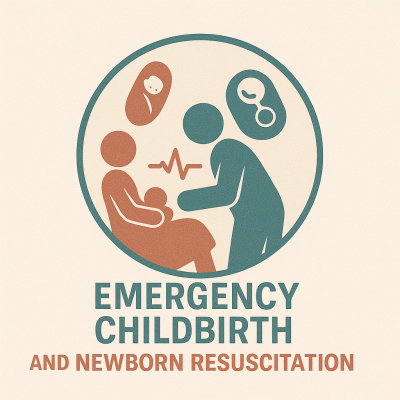
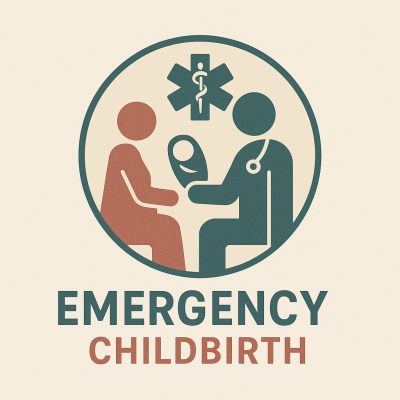
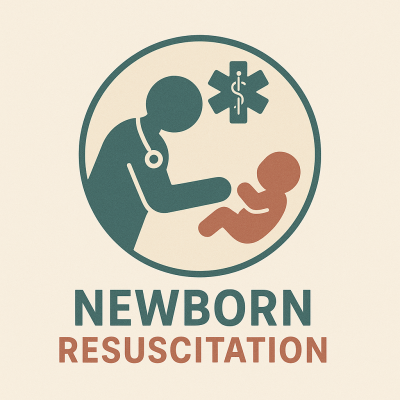
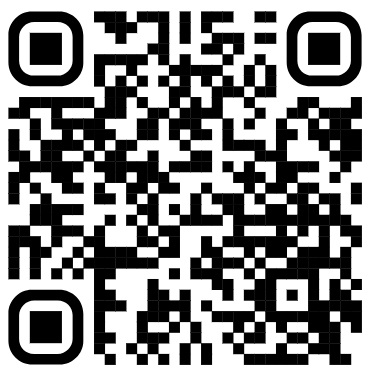
Questionnaire
Please take a moment and fill out our CME Survey! We want to hear from you and build better CME experiences in the future!
Scan the QR code with your smartphone, or click the link below.
